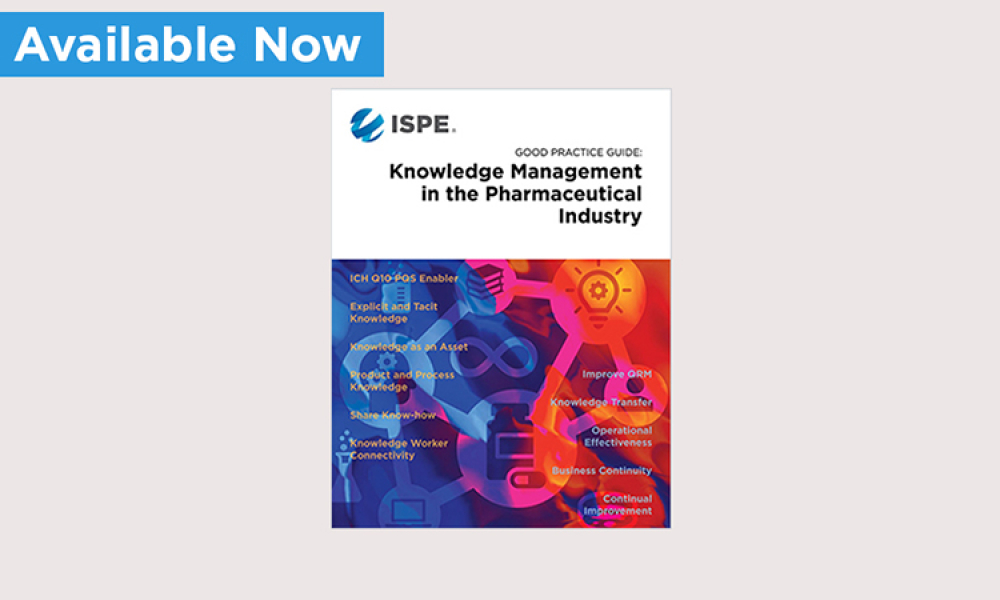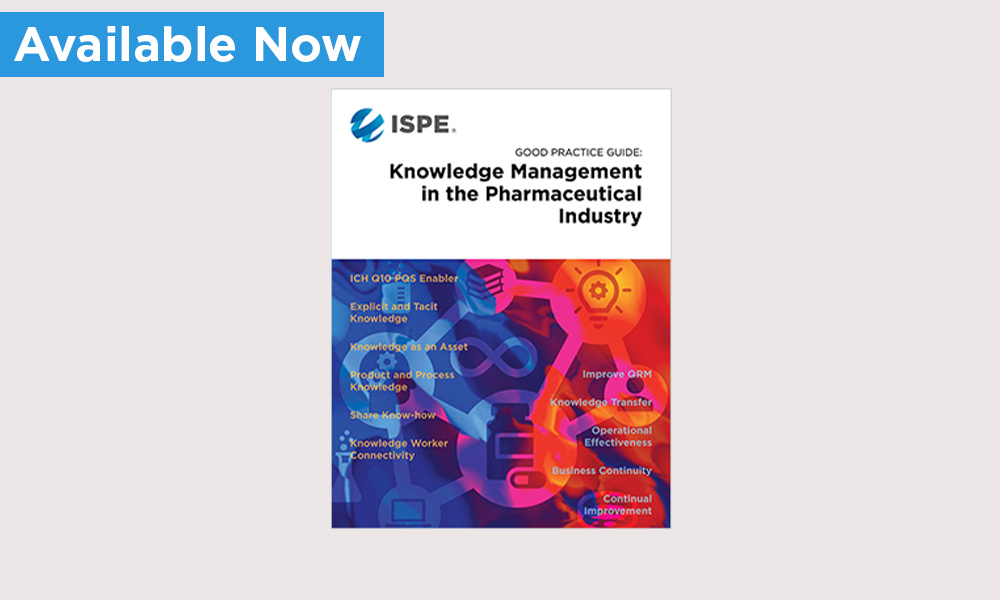The pharmaceutical sector is undergoing a profound transformation. As digital technologies continue to evolve, organizations are under increasing pressure to modernize legacy systems, enhance operational efficiency, and maintain compliance in a rapidly shifting regulatory landscape. The Digital Transformation track at the
Paige Kane

Dr. Kane has been a ISPE member for over 20 years, frequently contributing to ISPE GPG teams including the Pharm 4.0 Baseline Guide, the Knowledge Management guide and multiple GAMP guides. She previously led the ISPE Global Biotech CoP and Americas/EU GAMP regional CoPs. Kane holds a PhD in Pharmaceutical and Regulatory Science from Technical University Dublin (Dublin, Ireland). She is frequent industry author and presenter and continues her research as a member of the TU Dublin Pharmaceutical Regulatory Sciences Team (PRST).
Related Articles
As the pharmaceutical industry continues to grow and evolve, a significant contributor to innovation and evolution is mergers and acquisitions (M&A). M&A can enable academic researchers and small companies to fund and commercialize innovative products. In addition, M&A can help larger organizations secure new and complementary technology and products. In the pharmaceutical...
Although data and knowledge are both stand-alone disciplines that need to be systematically managed, they also must have a connection. Understanding the relationship between data and knowledge management processes and how people are leveraging advances like Pharma 4.0™ combined with these processes enables quality data transition to knowledge that can help pharmaceutical companies. The authors...
Knowledge Management (KM) is a discipline (akin to Quality Risk Management (QRM) or Lean Six Sigma) that focuses on how organizations create, manage, use, and share knowledge. The publication of ICH Q10 in 2008 saw the formal designation of KM as a key enabler for an effective Pharmaceutical Quality System (PQS), along with QRM. Since then, the industry has acknowledged the...
ICH Q10 outlines three objectives: achieve product realization, establish and maintain a state of control, and facilitate continual improvement. Embracing these objectives can be best achieved using the dual enablers, Knowledge Management (KM) and Quality Risk Management (QRM). The pharmaceutical industry has made significant progress in adopting QRM into systems and processes. However, the...






